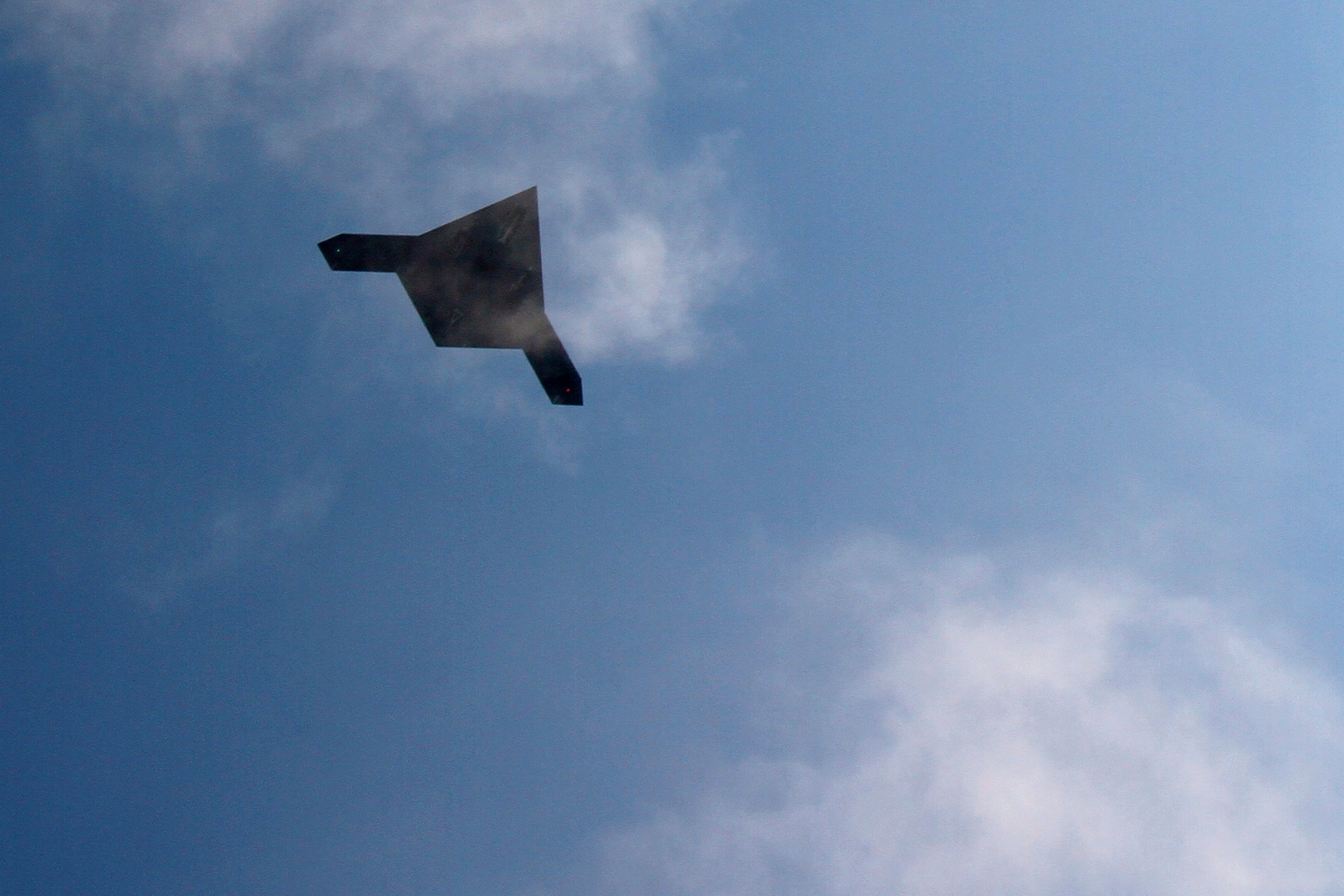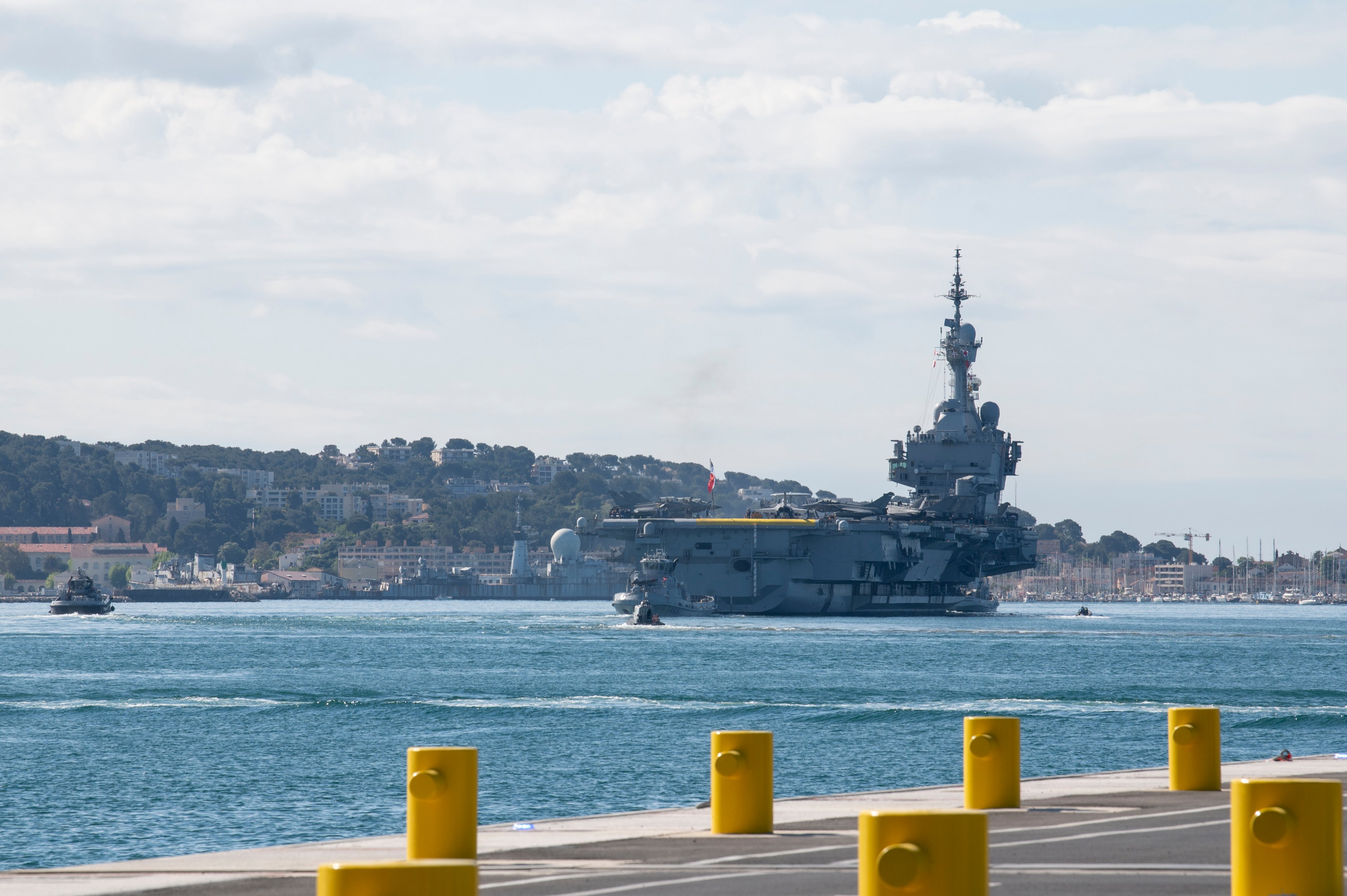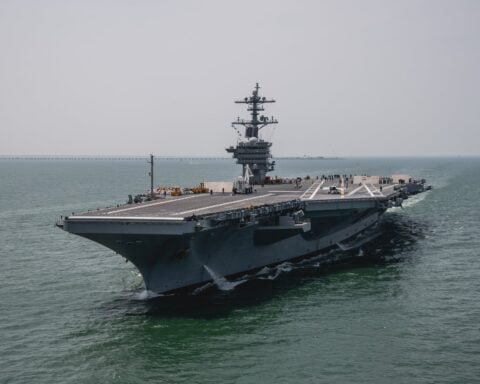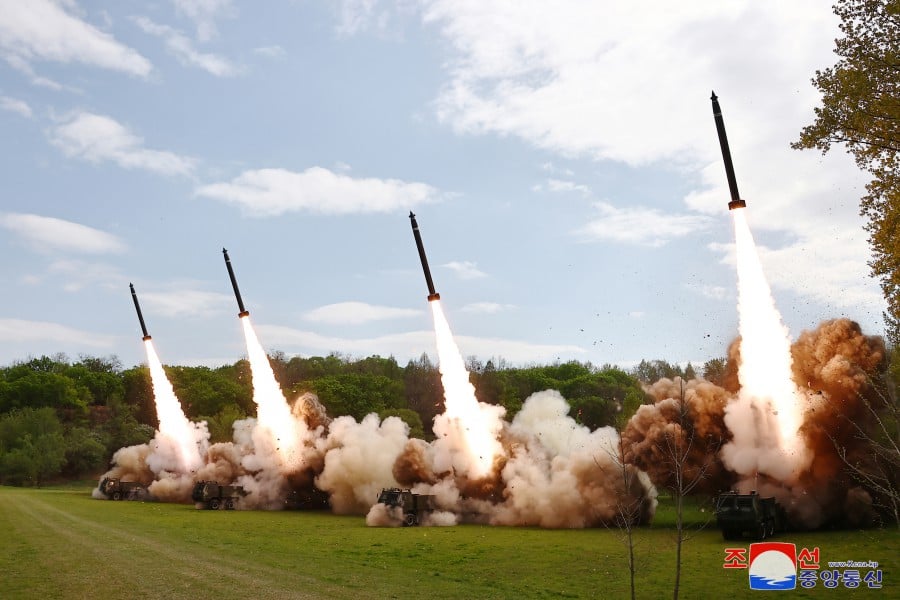
The 2015 compromise defense bill, released on Wednesday, imposes restrictions on funding for the Navy’s planned production carrier-launched unmanned aerial vehicle (UAV) over concerns the platform would lack sufficient stealth, survivability and weapons payload, according to the bill’s language.
The Fiscal Year (FY) 2015 National Defense Authorization Act (NDAA) would restrict Navy spending on the Unmanned Carrier-Launched Airborne Surveillance and Strike (UCLASS) program until the completion of a Pentagon review of its entire information, surveillance and reconnaissance (ISR) portfolio and those results were reported back to Congress.
The Navy’s FY 2015 budget submission included $403 million to further develop the UCLASS program.
The bill — which is expected to pass both the Senate and the House — also directs the Secretary of the Navy to submit a report to Congress on how the Navy decided on the most recently stated set of requirements for UCLASS through the prism of the emerging anti-access/area denial (A2/AD) threats the military has touted as a dangerous limitation to U.S. forces and future capabilities of a carrier strike group (CSG) in 2030.
The study — to be included in the FY 2017 budget submission — will require the Navy to outline its plan for how the UCLASS would work with the Navy’s EA-18G Growler electronic attack aircraft, the F-35C Lighting II Joint Strike Fighter (JSF) and the planned next generation F/A-XX naval fighter.
“I am very encouraged by the conference outcome on the UCLASS program. The OSD study… will not just force a second look at requirements for this platform, but also take a broader look at our plans for the carrier air wing in the 2030 time period,” Rep. Randy Forbes (R-Va.) chairman of the House Armed Services Seapower and Projection Forces subcommittee told USNI News on Wednesday.
“We need to be measuring these programs twice and cutting only once when it comes to important new investments that we will be relying on to project power in the contested environments of the future.”
The report will also require the Navy to provide an UCLASS acquisition strategy, program costs and schedule information to Congress.
The language in the compromise bill follows up on more than a year of tumult over the character of UCLASS — or the RAQ-25 as USNI News understands the program is being referred to inside the Navy.
The service has pitched an UCLASS with an emphasis on surveillance and light strike in the last two years — a change from a stealthy UAV capable of penetrating strikes with a payload equivalent to the F-35 Lighting II Joint Strike Fighter (JSF).
“The Navy may have made an appropriate set of trade-offs between costs and capabilities in deriving a set of requirements for UCLASS, but those trade-offs should be evaluated in the context of the overall CSG capability, not on the basis of individual capabilities of weapons systems or an unconstrained budget,” according to a report from the bill.
An earlier House report found, “disproportionate emphasis in the requirements on unrefueled endurance to enable continuous intelligence, surveillance, and reconnaissance (ISR) support to the carrier strike group (CSG), would result in an aircraft with too little survivability and too small an internal weapons payload capability.”
In August, the final request for proposal (RfP) for UCLASS — planned to be released to industry in September — was delayed indefinitely while the Office of the Secretary of Defense (OSD) undertook the comprehensive ISR review that will be folded into the Pentagon budget process for Fiscal Year 2016.
Four companies — Boeing, Lockheed Martin, Northrop Grumman and General Atomics — have all won early contracts to develop the UCLASS concept and were expected to respond to the RfP.
The Navy expects to field UCLASS by 2020.





